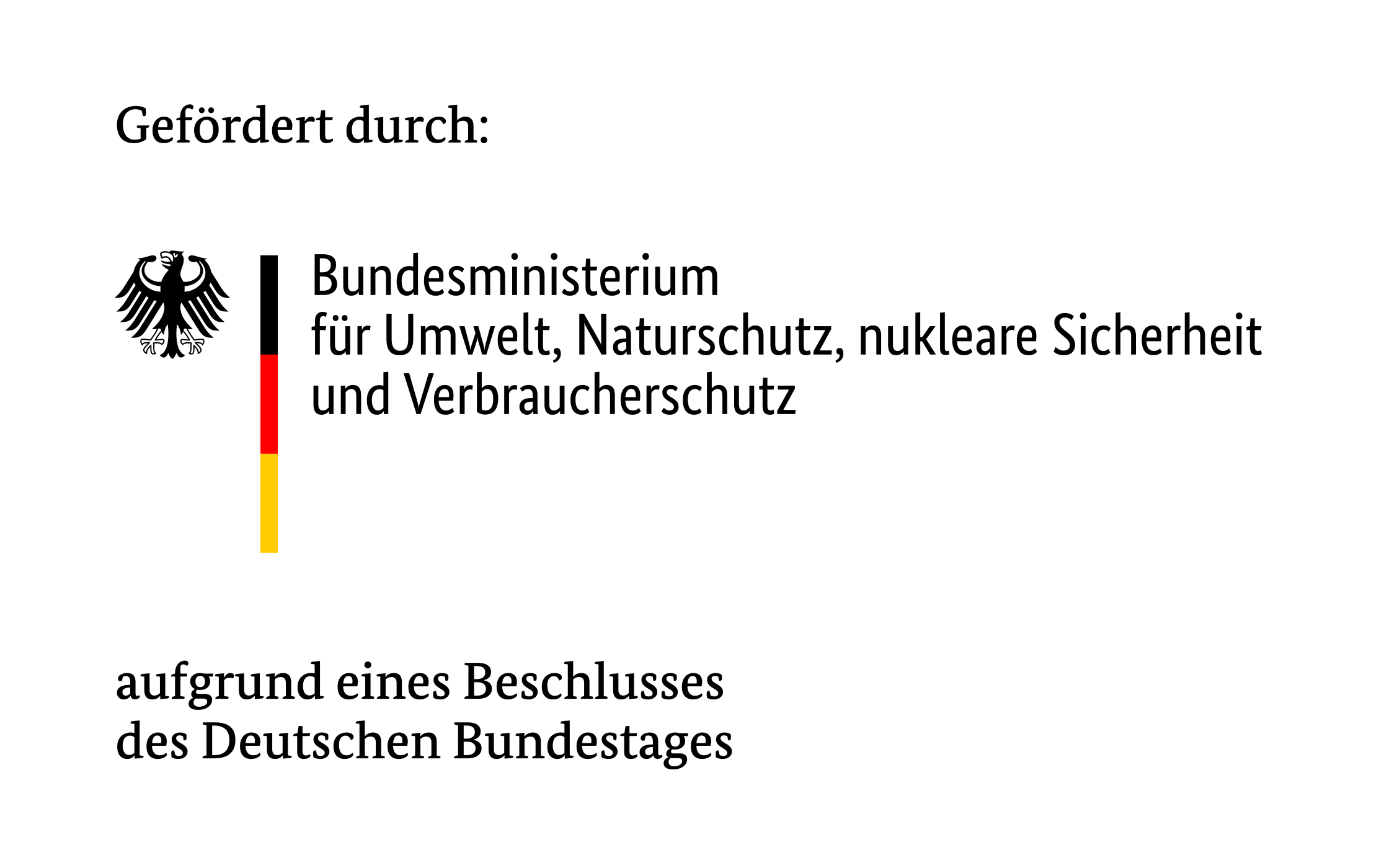Sustainability Index for Artificial Intelligence

The expectations for applications with artificial intelligence (AI) and automated decision making are high in many societal end economic spheres. Whether it is speech or face recognition, recommendation systems, autonomous driving, medical diagnostics or predictive maintenance: Many players are hoping for opportunities for product innovation, new markets and the expansion of competitive opportunities as well as new research perspectives. Positive contributions from AI-based systems are also expected in terms of sustainability outcomes. These include, for example, the opportunities offered by intelligent energy and transport infrastructures, more precise earth observation for climate change, new warning and forecasting systems or improved solutions for waste and resource management.
However, methods based on multi-layer machine learning processes (deep learning) and algorithmic decision making entail a wide range of ecological and social problems, such as high energy consumption or discrimination of marginalized groups. The project SustAIn, aims to develop criteria for the sustainability assessment of AI and to evaluate exemplarily the sustainability impacts. Case studies are used to investigate the transformative potential of applications with a high maturity level in sectors of high relevance for sustainability goals such as Energy, Mobility, and Online-Shopping. In order to strengthen the societal discourse and the development in terms of sustainability, dialogue processes for developers (“Sustainable AI Labs”) are organized and guidelines for sustainable AI development are set up. The results of the sustainability assessment are published in annual “Sustainable AI Index Reports” and are used in a visualization to create awareness amongst stakeholders. The joint project is funded under the BMU’s AI Lighthouse funding initiative and is being carried out together with AlgorithmWatch (project coordination) and the Institute for Ecological Economy Research (IÖW) of the TU Berlin.

